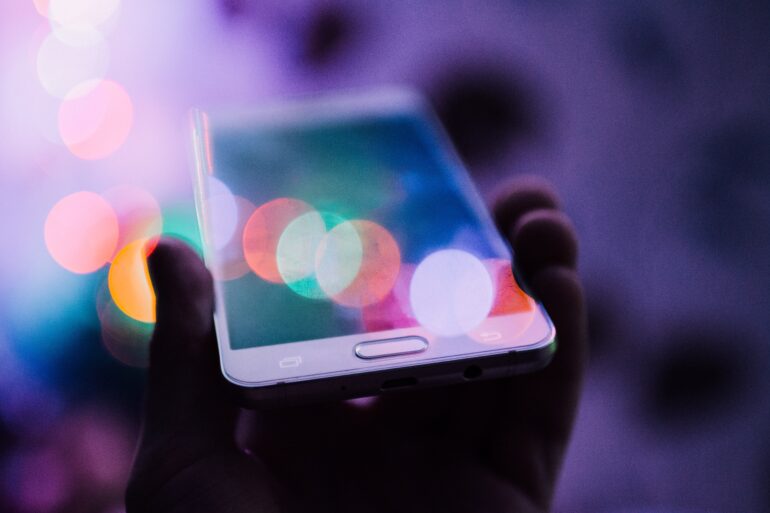With the end-of-year exams looming and students spending extra-long hours on technology devices, it’s an ideal time to consider the impact of technology on the brain. The relentless progression of technology has revolutionised the way we live, learn, connect, and entertain ourselves. It has undoubtedly brought about positive changes, but it also carries a significant downside that is particularly concerning for students of all ages.
At STADIO‘s recent annual academic conference, United States-based Dr Brad Huddleston, an esteemed speaker, consultant, teacher, and author, highlighted the growing issue of digital addiction among the youth – often referred to as ‘digital cocaine.’ Dr Huddleston shed light on the crucial effects of technology on the student’s brain, emphasising the importance of a digital detox, both during the study period and over the upcoming summer holidays. The statistics on our digital ‘addiction’ are staggering. In 2022, the world collectively spent over 12½ trillion hours online, with South Africans emerging as some of the most voracious internet users, spending an average of at least 9.5 hours online per day.
His concerns are backed by global statistics. Research conducted as far back as 2007 has shown that the brain undergoes physical and chemical changes when exposed to screens, leading to erosion of the executive attention network in the frontal lobe. The brain becomes rewired for instant gratification and constant stimulation, making it increasingly difficult for today’s youth to sleep without music, for example, depriving them of essential rapid eye movement and natural, deep sleep.
Other research reveals that an increasing number of teenagers are grappling with concentration, memory, behavioural, and discipline problems, as well as sleep disturbances. Healthcare professionals are regularly treating cognitive dysfunction, manic depression, and anxiety among young individuals, and the numbers are rising.
As students face the daunting challenge of exams and consuming a relentless barrage of information, they must recognise the need for a digital cleanse to prepare their minds for the task at hand and maintain their mental well-being. Atelisha Harilal, STADIO’s Head of Student Recruitment and Marketing says, “As a higher education institution, technology is an important enabler to offering our students a quality tertiary education yet, it’s essential to strike a balance between the benefits of technology and the potential harm it can cause.”
To help students achieve this balance, STADIO provides guidance for managing technology use while studying and offers additional advice for a more thorough technology cleanse during the upcoming year-end holidays.
Digital Detox Tips While Studying:
Limit Screen Time: Restrict the use of digital devices, including smartphones, tablets, and computers during study sessions.
Disconnect: Set specific times each day to completely disconnect from screens and technology to allow your brain to recharge.
Take Notes by Hand: Opt for handwritten notes instead of typing them. This practice enhances the brain’s learning process and information retention.
Screen-Free Bedtime: Avoid screen time at least three hours before going to bed to improve the quality of your sleep, which is crucial for learning and memory retention.
Tips to Achieve a Thorough Tech Cleanse During the Holidays:
Set Clear Boundaries: Establish boundaries for screen time and stick to them during the holidays. Allocate specific times for screen use, leisure, and other activities.
Engage in Offline Activities: Explore outdoor activities, read physical books, and connect with family and friends in person.
Mindful Usage: When you do use technology, do so mindfully. Make sure it adds value to your life and doesn’t become a mindless habit.
Evoke Creativity: Use your free time to explore creative hobbies and interests that don’t involve screens, such as drawing, writing, or playing a musical instrument.
Reflect and Set Goals: Take some time to reflect on your technology usage and its impact on your life. Set goals for a healthier digital balance in the future.
“A technology break isn’t about eliminating the use of devices entirely but rather about adopting a balanced and responsible approach to their usage, especially as we near the end of the year. In the wise words of Steve Jobs, ‘We must master this thing before it masters us.’ Your brain’s ability to cope with the volumes of work and learning in the new year relies on finding this balance,” Harilal concludes.


